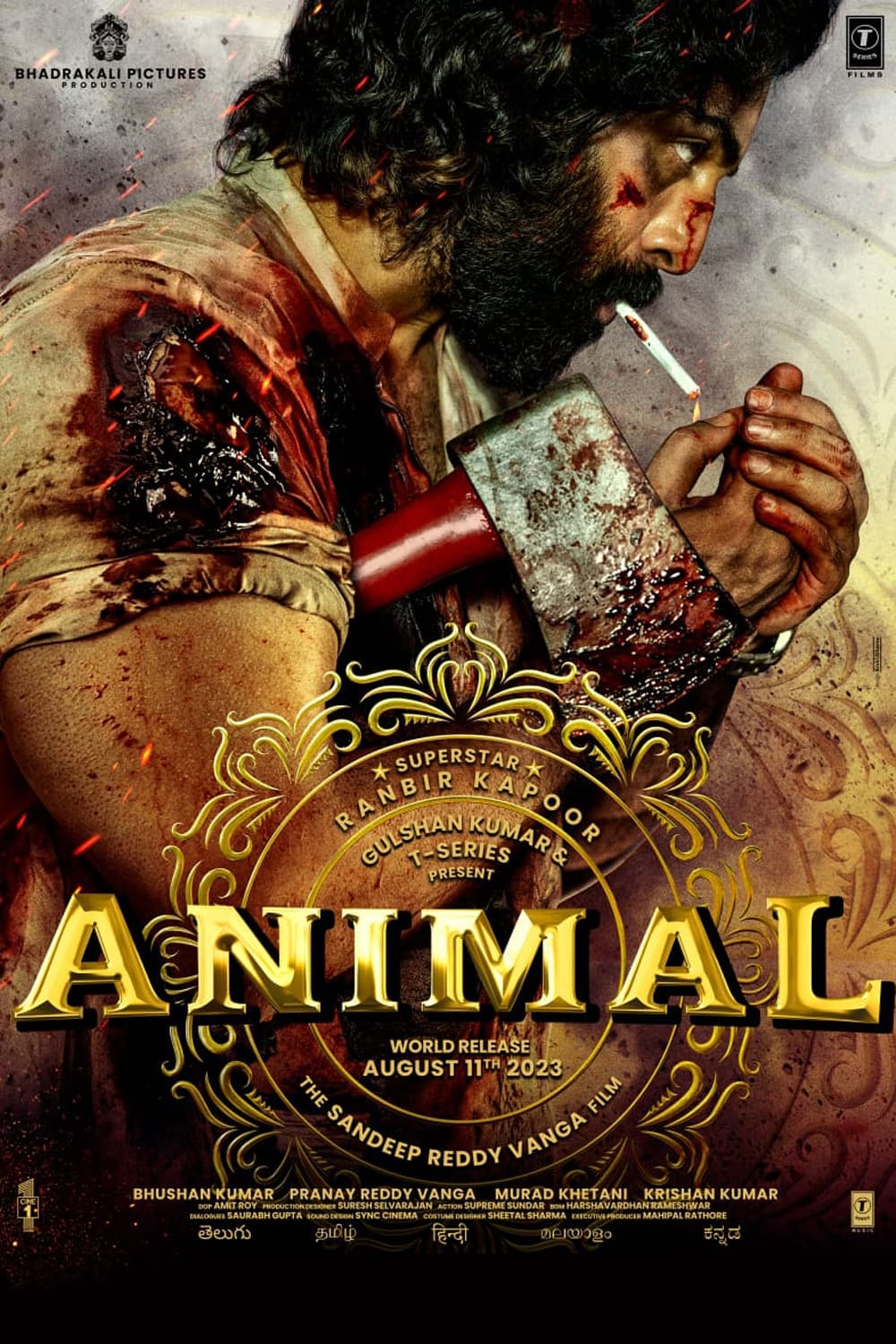Why does time seem to fly when we are engrossed in a film? A bold statement might be that our perception of time is heavily influenced by the emotional engagement and mental absorption we experience while watching movies. This phenomenon has fascinated psychologists for decades, and it plays a significant role in how audiences interact with films like The Crow (2024) or The Fly (1986). While some films captivate us so thoroughly that hours feel like minutes, others leave us restless and checking the clock repeatedly.
The new adaptation of The Crow, released in 2024, unfortunately falls into the latter category. Critics argue that this retelling lacks the originality and impact of its predecessor from three decades ago. Directed by Sam Raimi, the first Crow movie became a cult classic due to its dark themes, compelling narrative, and Brandon Lee's iconic performance. In contrast, the latest version feels redundant, failing to bring anything fresh to the table. Similarly, The Fly (1958), directed by Kurt Neumann, introduced audiences to a chilling tale of scientific hubris. Its remake in 1986 under David Cronenberg redefined body horror, proving that certain stories resonate more powerfully when executed correctly.
| Category | Details |
|---|---|
| Name | David Cronenberg |
| Date of Birth | March 15, 1943 |
| Place of Birth | Ottawa, Ontario, Canada |
| Career Highlights | Director, screenwriter, actor; known for works such as The Fly (1986), Videodrome (1983), and Crash (1996). |
| Awards | Multiple awards including Cannes Film Festival Best Director Award (1986) |
| Official Website | Visit Official Site |
When discussing why time seems to fly during certain films, one must consider the psychological mechanisms at play. For instance, Quentin Tarantino's Once Upon a Time in Hollywood often leaves viewers astonished by how quickly the runtime passes. Despite being nearly three hours long, many fans report losing track of time while immersed in its nostalgic depiction of late-1960s Los Angeles. Conversely, the recent Crow adaptation struggles to maintain audience attention, leading to an extended feeling of monotony.
In the case of The Fly (1986), director David Cronenberg masterfully blends visceral imagery with existential dread, creating a viewing experience that lingers long after the credits roll. The transformation of Seth Brundle, portrayed brilliantly by Jeff Goldblum, serves as both a metaphor for technological overreach and a deeply personal tragedy. Audiences remain captivated not only by the grotesque special effects but also by the emotional weight of Brundle's descent. Such layers contribute to the perception of time flying—a concept explored further in modern adaptations like FLY: The IMAX Experience (2024).
FLY: The IMAX Experience takes a different approach by documenting real-life daredevils who push the boundaries of human capability through BASE jumping. Over seven years, the documentary captures their exhilarating adventures alongside the risks they take to achieve ultimate freedom. Unlike fictional narratives, this non-fictional account provides viewers with an authentic glimpse into adrenaline-fueled lifestyles, making every moment count on screen. As a result, the film achieves what many scripted productions fail to do—it keeps audiences fully engaged from start to finish.
Returning to the question of why time flies during specific films, research suggests several factors contribute to this effect. First, heightened emotional states—whether joy, fear, or sadness—can distort our perception of time. Second, cognitive load, where the brain processes complex information rapidly, tends to make intervals appear shorter. Finally, immersion in a well-crafted story reduces awareness of external stimuli, effectively placing viewers inside the world presented onscreen.
This principle applies equally to blockbusters and independent features alike. Take, for example, the release calendar for top-grossing films versus niche documentaries. Both genres strive to create memorable experiences capable of altering temporal awareness. However, success hinges upon execution. A poorly written script or uninspired direction can shatter immersion, leaving viewers disinterested and acutely aware of elapsed time.
In conclusion, understanding why time flies during certain films involves examining various elements, including storytelling techniques, visual aesthetics, and emotional resonance. While The Crow (2024) disappoints by neglecting these fundamentals, classics like The Fly (1986) demonstrate how effective filmmaking transcends mere entertainment. Furthermore, innovative projects such as FLY: The IMAX Experience remind us that even factual accounts possess the power to transport audiences beyond the confines of reality.
| Film Title | Director | Release Year | Genre |
|---|---|---|---|
| The Crow | Sam Raimi (original); Various Directors (adaptations) | 1994/2024 | Dark Fantasy/Action |
| The Fly | Kurt Neumann (1958); David Cronenberg (1986) | 1958/1986 | Science Fiction/Horror |
| Once Upon a Time in Hollywood | Quentin Tarantino | 2019 | Drama/Comedy |
| FLY: The IMAX Experience | Various Contributors | 2024 | Documentary/Adventure |



